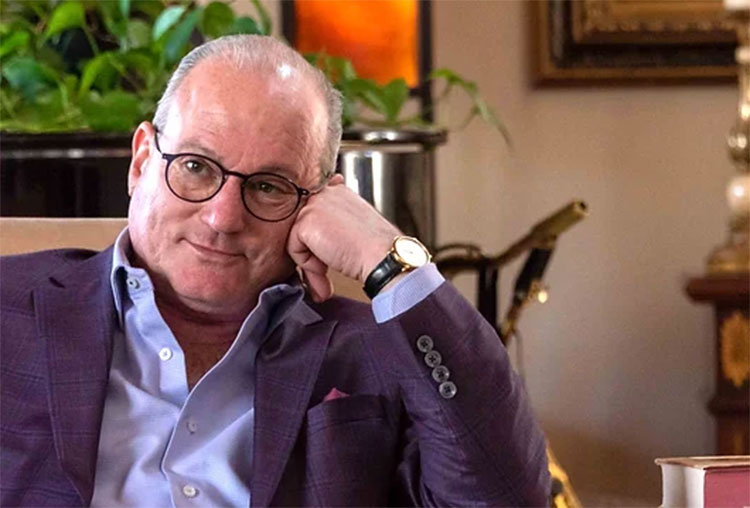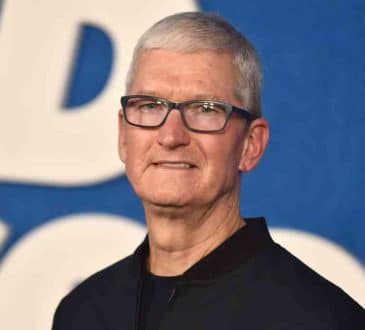Common Lies About Leadership: The Hard Truth

A dear friend and business owner recently sent me a blog defining core leadership skills. While the blog had some useful distinctions that I found smart and interesting, it also included some traits that are not, in fact, essential to effective leadership.
They are actually personality traits that, to an American sensibility, determine good character rather than strong leadership. But the fact remains that they are absolutely inconsequential to determining effective leadership. Allow me to explain.
Effective leadership is determined first and foremost by one thing—the willingness of others to follow. Every essential trait to one becoming an effective leader (note my use of the word essential) must necessarily be based on influencing that willingness.
Our American business culture embraces the abundance of books written on this subject. Popular books herald the importance of traits like integrity, honesty, compassion and so on as being essential in order for one to be an effective leader. The cold, hard fact is that this is absolutely not true.
We need to separate our concept of effective leadership from our subjective biases of “good” leadership in order to distill the essential elements of what makes an effective leader. A classic example is Hitler: consider the strength of his leadership, and contrast that with his character. Not a good man, but he was effective at getting others to be willing to follow.
Here are the two quintessential elements that need to be present for effective leadership to exist:
Firstly, a leader needs to know what he or she wants. He or she must have a vision. He or she needs to communicate that vision in a way that compels those who will manifest it to change their thinking and behavior to make the vision a reality.
Notice I didn’t say that a leader has to know how to get it done. Fact is, while knowing how to get it done might be helpful or nice, it is not essential. Consider Kennedy’s moon shot speech, or Reagan’s speech telling Gorbachev to “tear down that wall.” Kennedy didn’t know the physics of jet propulsion, and neither Gorbachev nor Reagan took down the Berlin wall themselves. Communicating the vision in a compelling way was enough to inspire action.
Secondly, a leader needs to form and manage a group of individuals who can drive the processes necessary to manifest the vision. Notice I didn’t say the word team. Teamwork is another overrated concept when considering the essential elements of leadership.
Believe it or not, the individuals who will help drive the processes don’t necessarily have to like each other or even work well with each other. Consider how Eisenhower and Omar Bradley used the rivalry that existed between General Patton and Field Marshal Montgomery to inspire them to do amazing things with their troops.
If we are to honestly assess and understand leadership we need to look at the elements that are quintessential to the dynamic, and not merely the ones that sound nice. Of course, it is great when leaders know how to form people into teams, but it is not essential. It is sometimes helpful—and even that statement is debatable. (Stay tuned for a blog on why some work teams are highly functional and others are more socially functional than actually effective.)
The hard truth about effective leadership is that it is less about one’s character or personality than it is about learning how the human social-animal dynamic works, and tapping into the sensibilities that drive that dynamic. So, if you find yourself in a position of leadership, here’s some advice. Focus primarily on the two quintessential elements necessary for you to be effective. Then—if you’re so inclined—do the rest of us a favor and do so with integrity, a nice disposition and with a greater good in mind.
Written by Joe Caruso.
Have you read?
# Best CEOs In the World Of 2022.
# Best Citizenship and Residency by Investment Programs.
# These are the world’s most and least powerful passports, 2022.
# The World’s Richest People (Top 100 Billionaires, 2022).
# Case Study: Warren Buffett, LVMH’s Bernard Arnault, Apple’s Tim Cook, and Elon Musk.
Add CEOWORLD magazine to your Google News feed.
Follow CEOWORLD magazine headlines on: Google News, LinkedIn, Twitter, and Facebook.
This report/news/ranking/statistics has been prepared only for general guidance on matters of interest and does not constitute professional advice. You should not act upon the information contained in this publication without obtaining specific professional advice. No representation or warranty (express or implied) is given as to the accuracy or completeness of the information contained in this publication, and, to the extent permitted by law, CEOWORLD magazine does not accept or assume any liability, responsibility or duty of care for any consequences of you or anyone else acting, or refraining to act, in reliance on the information contained in this publication or for any decision based on it.
Copyright 2024 The CEOWORLD magazine. All rights reserved. This material (and any extract from it) must not be copied, redistributed or placed on any website, without CEOWORLD magazine' prior written consent. For media queries, please contact: info@ceoworld.biz
SUBSCRIBE NEWSLETTER








